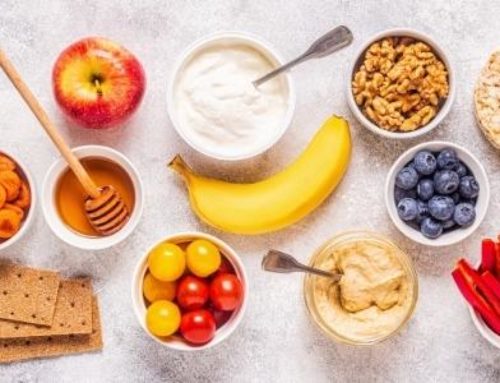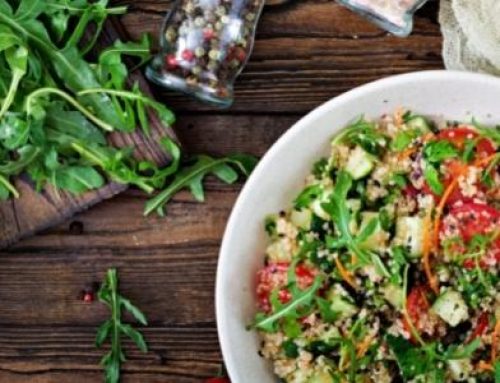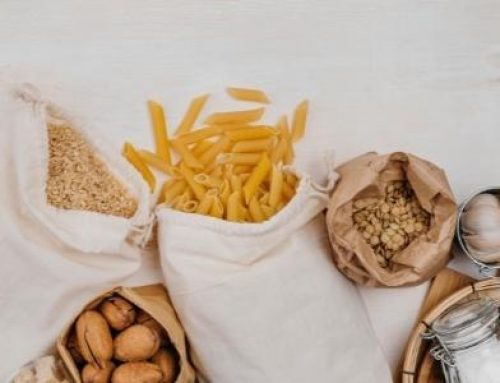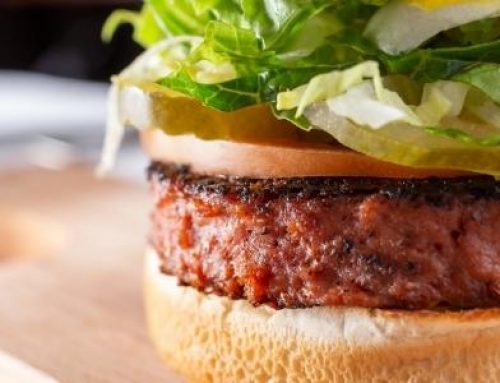I rarely get truly hungry.
Now before your neighbours think you’re getting way too into the Bachelorette again due to the loud boo’s echoing from your apartment, let me explain.
You’ll notice in my opening statement that I said ‘rarely’, not never. That’s right. I’m still human. One time I can guarantee that hunger is going to jump out and punch me in the gut is when I’m dieting.
When we consistently eat in an energy deficit (a pre-requisite to lose body fat), one of the ways the body likes to fight back is by increasing the amount of circulating hunger hormones. Our stomach and fat tissue produce these hormones as a way to communicate with the brain as to the energy situation in the body. Thereby, when we have less food coming in, and the body is forced to reach into its energy stores, the brain is alerted and acts to try and fix this “perceived” problem.
While there’s no way to circumnavigate these adaptions entirely, there are several ways we can help minimise the frequency and magnitude of the hunger pangs we experience.
Hunger Hacks
‘Volumise’
Drastically reducing portion sizes is a sure-fire way to throw open the door and welcome hunger to your body. Our stomach has receptors in the lining that sense how full or empty the stomach is and relays this information to the brain. When we diet, and go from eating a foot-long sub for lunch to a tin of tuna and a few nuts, we’ve gone from a relatively large volume of food to quite small. Of course, hunger is going to increase!
Instead of cutting portions drastically, look at making changes to the composition of your meals. Vegetables are your best friend in this scenario. Swapping some of the more energy dense options for some high volume, low-calorie options is a great move.
For example, reducing your portion of pasta slightly and including a massive side salad. Or decreasing the amount of rice with your stir-fry and doubling the vegetable content.
The same volume of food (perhaps more), more nutrients, more fibre, fewer calories and less hunger. That’s a diet win.
Whole > processed
I often have clients track their regular intake early in our time together. While this provides me with plenty of objective data and information on their energy and nutrient intake, there’s also a secret motive to my request.
Anyone who has tracked their intake for the first time will usually return and exclaim how shocked they were at some of the energy content of certain foods.
” I can’t believe a magnum has 336 calories!”
And that’s where many processed foods will get us. They’re typically a lot less filling for an equal number of calories. For the same calories, you could eat a large, highly filling, whole foods meal.
In addition to that, many processed foods are manufactured to override our bodies natural hunger regulatory signals. Try filling up on Tim Tams; it doesn’t happen!!!
Eat Adequate Protein
Ensuring you get enough protein is another way to mitigate hunger. While carbs and fats still play a role in feeling full, protein has been found to have the largest effect.
On top of this it’s also going to increase the likelihood that we’ll be losing quality weight; aka fat loss rather than weight loss.
Aim to get a source of high quality protein with each meal throughout the day.
Meal structure
Want to know when I’m more likely to make poor choices or overeat? When my usual meal times are pushed back. If I become ‘too’ hungry, or “hangry” in scientific terms, I’m more likely to make bad decisions. Anecdotally, I’ve found this to be the case with a lot of clients.
Our bodies are such amazing adaptive machines that they adapt to our regular meal frequency and times. In fact, those hunger hormones I mentioned earlier actually tend to peak as we’re coming up on our usual meal times. What this means is that if we skip a regular meal or we have a lack of structure to our daily eating, we can suffer from larger hunger spikes.
Increase fluid consumption
We’ve all heard that people often mistake thirst for hunger. And this can be true. But water and other low-calorie fluids can also be an excellent tool for blunting hunger.
Research has shown that consuming two glasses of water or around 500 ml prior and post meals, can reduce the amount eaten at the meal. This is due to similar reasons as the ‘volumisation tip’, in that the water can help with stretching the stomach to signal those volume receptors.
I like adding a low-calorie side soup to some of my meals. Miso soup for the win!
Slow down
Most of us are fast eaters. I’m hard pushed to find many people whose meals last longer than 15 minutes. This can cause problems because it takes time for the body to recognise and calculate how much food has entered the body. Often, we eat so fast that we surpass our actual energy needs before the brain has a chance to tell us we’re full.
Putting your cutlery down between mouthfuls, chewing thoroughly, conversing with your partner/family instead of a screen, matching the slowest eater at the table, these are all great ways to slow down your meals and allow your brain to catch up. Or my personal favourite, use teaspoons instead of tablespoons and learn to use chopsticks. (Yes, I regularly eat with chopsticks…yes I’m weird…but I do like a lot of Asian foods).
Out of sight, out of mind.
Don’t have food visible in locations where you spend a lot of time. This is particularly important when it comes to highly desirable foods. Cookies, chips, chocolate and salted nuts are all prime mindless snacking candidates.
Having easily accessible foods visible is going to increase your cravings, hunger and thoughts of food. By minimising visible food at work and home we can reduce food-centric thoughts.
Get enough shut eye
In today’s ‘forever-hustle’ culture, we often get caught burning the candle at both ends. That is, working or staying up late and then waking earlier. In addition to this many of us aren’t getting high-quality sleep either.
Studies show that not getting enough Z’s can lead to a significant increase in our appetite the next day and can decrease hormones that help us feel full.
If you feel like sleep may be an issue for you, check out Kate’s article on how sleep can affect your weight loss.
While I’m sure there are plenty more tips out there, these are a great starting point. Pick a few that you know you could improve on and give them a shot for a couple of weeks. I can almost guarantee that hunger levels will diminish.
Tried these before or not sure how to best manage your diet? We can show you the most efficient way to your goals.
If you’d like further help with your nutrition please click below:






